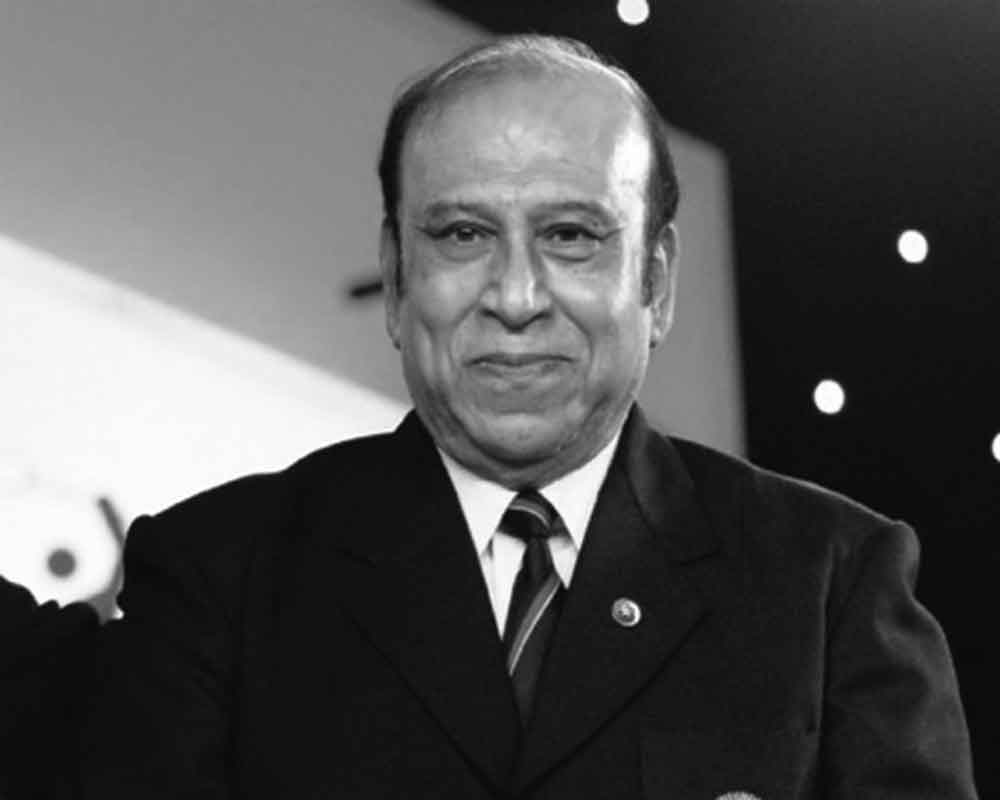The legendary footballer will always remain the pioneer for whatever little Indian football has achieved today
Not many in today’s generation would relate to the legendary Pradip Kumar Banerjee, PK as he was known, but he was one of the charismatic footballers of his times when this sport had its golden run in India. So much so that he was even recognised as the greatest Indian footballer of the 20th century by FIFA. Few can match his record even today, that of two Olympics (Melbourne 1956, Rome 1960), three Asian Games (58, 62, 66), gold medallist as a player and a bronze holder as a coach (1970 Bangkok). And at a time when European football was a dream than a reality, PK’s pace, power and grace were much talked about. When he played, football had a five-forward system. But he could double up as both a right-winger and a centre forward, an unmatched skill that got him 65 goals in 84 matches for the national team. Many from his generation would agree, even in those competitive times when European players struggled to create a niche for themselves, he crafted his own convincing identity. The legend, who left us last Friday, rose early in his life and became a superstar both as a player and a coach, making the best use of the other talents he possessed of an administrator and commentator. In that sense, he came well before his time, a perfect combination required for the professional football circuit in current times. For many in Kolkata, who relished the spectator version of the sport during world cups — one of the reasons that Brazil and Argentina continue to be their favourite teams — PK was the only Indian hope despite the proliferation of local clubs and the abundant pleasures of what is called para (nighbourghood) football.
Throughout his association with the English game, he wore all his hats with distinction, of course at different times in history, showing he could reinvent himself with the times. Making his debut early at the age of 15, after completing basic schooling, he started playing for the Eastern Railway, where the field set-up was purely amateurish and offered very little in terms of remuneration. Even in stressed times, when he had to support seven of his siblings, he did not allow this responsibility to overturn his passion for football. Hereon, he climbed the rungs of the famed Calcutta Football League and won the title in 1958. He became a member of the holy trinity, which included the likes of Tulsidas Balram and Chuni Goswami. The trio dazzled together and helped Indian football team reach newer heights. Even after retirement, there was no stopping PK. As coach, he had game-reading ability, on-field strategy variations and man-management skills. He could boost a player’s confidence where there was no hope left. He had the unparalleled ability to motivate players with his careful selection of words laced with metaphors and anecdotes. Yet when Indian football did get the commercial benefits with its domestic leagues, PK wasn’t happy. For somebody who rose from the streets, he lamented the decline in local football and standards. He believed not in the pomp and show but talent born of real-life circumstances. For that was original, rather than adaptive. And till his dying day, he wanted to encourage the right spirit of the game.
(Courtesy: The Pioneer)








 OpinionExpress.In
OpinionExpress.In















Comments (0)